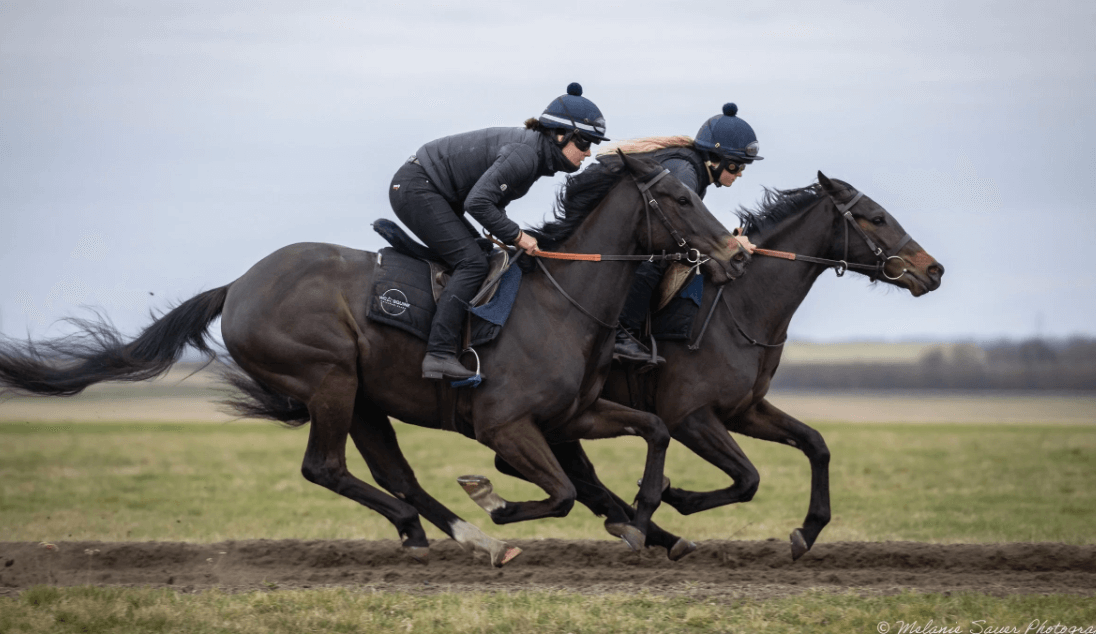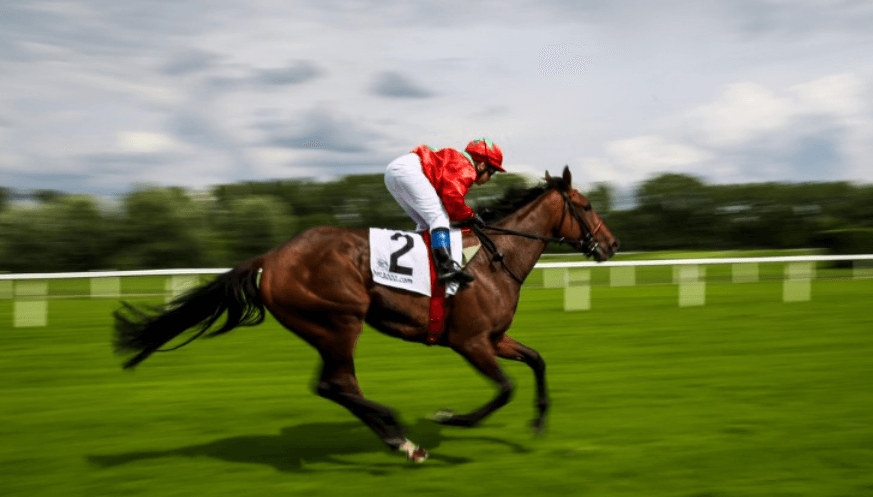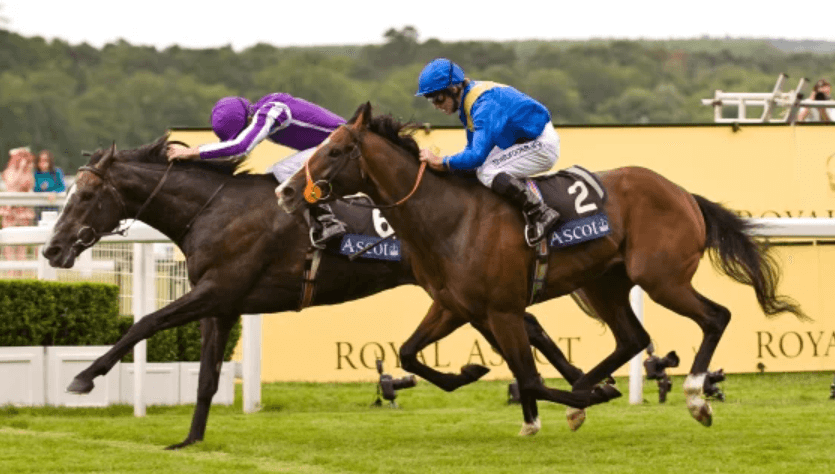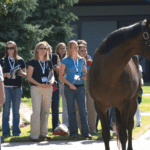Horse racing is a complex sport that hinges on the expertise of trainers and jockeys. Trainers meticulously develop conditioning and nutrition plans that maximize a horse’s potential. On the other hand, jockeys employ tactical skills to navigate the racetrack effectively. The interplay between these two roles is vital, but it raises questions about how their collaboration influences race outcomes. Understanding this dynamic reveals deeper insights into the sport’s competitive nature. What factors truly drive success on the track?
The Essential Role of Trainers in Horse Racing
In the intricate world of horse racing, trainers serve as the backbone of a successful racing operation, orchestrating the physical and mental preparation of their equine athletes.
Trainer responsibilities encompass conditioning, nutrition, and strategy, ensuring each horse is primed for competition.
Through meticulous race preparation, trainers analyze performance data and adjust training regimens, ultimately shaping the potential for victory on race day.
Jockeys: The Riders Who Guide the Charge
Jockeys are the skilled navigators of the racetrack, expertly guiding horses through the challenges of competitive racing.
Their jockey skills, honed through rigorous training, enable them to implement effective race tactics.
With a deep understanding of pace, positioning, and horse behavior, jockeys make split-second decisions that can determine the outcome of a race, showcasing their vital role in this dynamic sport.
The Importance of Communication and Teamwork
Successful horse racing hinges not only on the skill of the jockey but also on the synergy between the jockey, the trainer, and the horse.
Effective communication strategies foster strong teamwork dynamics, enabling the team to make split-second decisions during a race.
This collaborative approach ensures that each member understands their role, ultimately enhancing performance and increasing the likelihood of success on the track.
Training Techniques and Strategies for Success
Training techniques and strategies play a crucial role in preparing horses for the rigors of competition. Trainers utilize diverse conditioning methods tailored to individual horses, enhancing their stamina and agility.
Performance analytics further inform training regimens, allowing for data-driven adjustments that maximize potential. By effectively combining these elements, trainers can cultivate elite athletes, fostering a spirit of freedom and competitiveness in the racing arena.
Conclusion
In conclusion, the synergy between trainers and jockeys is pivotal in horse racing, where every second counts. Remarkably, studies reveal that a jockey’s skill can influence a horse’s performance by up to 20%. This statistic underscores the critical nature of effective communication and strategic collaboration in achieving victory. As trainers meticulously prepare their equine athletes, the jockey’s expertise in navigating the racetrack can ultimately determine success, highlighting the intricate dynamics that fuel this thrilling sport.




 Horse Racing and the Role of Veterinarians
Horse Racing and the Role of Veterinarians